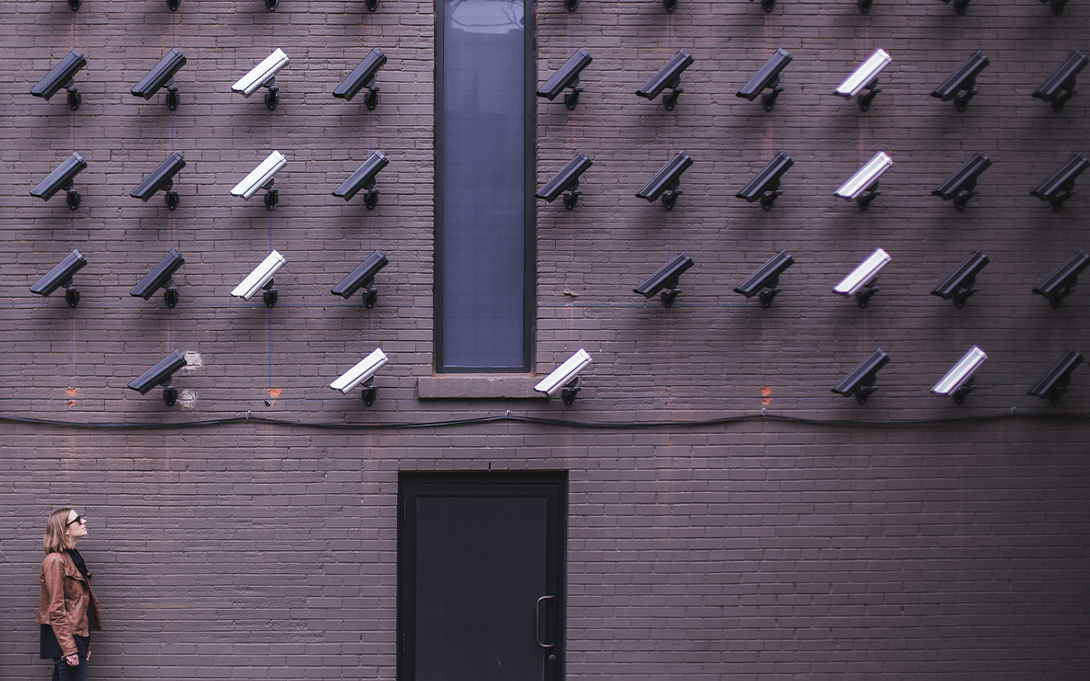
Facial recognition (FR) technology should be banned for use in schools, according to a new study by the Science, Technology and Public Policy program (STPP) at the Gerald R. Ford School of Public Policy at the University of Michigan.
The study comes at a time when debates over returning to in-person school in the face of the COVID-19 pandemic are consuming administrators and teachers, who are deciding which technologies will best serve public health, educational, and privacy requirements. Among the concerns is the use of facial recognition, which could be used to monitor student attendance and behavior as well as contact tracing. But the report argues that this technology will "exacerbate racism", an issue of particular concern as the nation confronts structural inequality and discrimination.
In the pre-COVID-19 debate about the technology, deployment of facial recognition was seen as a potential panacea to assist with security measures in the aftermath of school shootings. Schools have also begun using it to track students and automate attendance records. Globally, facial recognition technology represents a $3.2-billion business.
The study, “Cameras in the Classroom”, led by Shobita Parthasarathy, director of STPP, asserts that not only is the technology not suited to security purposes, but it also creates a web of serious problems beyond racial discrimination, including normalizing surveillance and eroding privacy, institutionalizing inaccuracy and creating false data on school life, commodifying data, and marginalizing non-conforming students.
“We have focused on facial recognition in schools because it is not yet widespread and because it will impact particularly vulnerable populations. The research shows that prematurely deploying the technology without understanding its implications would be unethical and dangerous,” she says.
The study is part of STPP's Technology Assessment Project, which focuses on emerging technologies, and seeks to influence public and policy debate with interdisciplinary, evidence-based analysis. The study used an analogical case comparison method, looking specifically at previous uses of security technology like CCTV cameras and metal detectors, as well as biometric technologies, to anticipate the implications of facial recognition. The research team also included one undergraduate and one graduate student from the Ford School.
Currently, there are no national laws regulating FR technology anywhere in the world. “Some people say, ‘We can’t regulate a technology until we see what it can do. But looking at technology that has already been implemented we can predict the potential social, economic, and political impacts and surface the unintended consequences,” says Molly Kleinman, STPP program manager.
Though the study recommends a complete ban on the technology’s use, it concludes with a set of 15 policy recommendations for those at the national, state and school district levels who may be considering using FR, as well as a set of sample questions for stakeholders, like parents and students, to consider as they evaluate its use.
A one-page overview highlighting the study’s conclusions can be found here.
The entire report can be viewed here.


